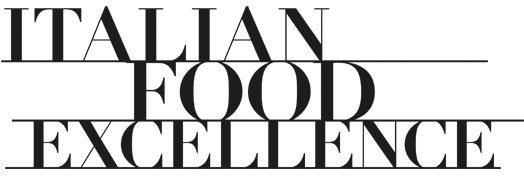Laura Seguso
Rio Mare, a partner of Expo, since 2011 has developed the project of Corporate Social Responsibility, which is made concrete in the implementation of a series of good practices concerning different aspects of its company business.
- Fishing: commitment to get in its supplies for 100% by 2015 with raw material coming from boats registered in Proactive Vessel Register (PVR), a limited number of legally registered ships, in possession of UVI (Unique vessel identification) code against illegal fishing. These boats must have observers on board who monitor fishing operations and their captains have taken courses concerning sustainable fishing. In addition, the aim consists in covering by 2017 100% of its production with tuna coming from sustainable fishing. As for purchasing policy, the company follows a quarterly report on the health of tuna stocks, thus diversifying both fishing areas and fished species.
- Environment: commitment in the use of energy from renewable sources, recovery of waste generated by its plants, which today is guaranteed for more than 98%, reduction in water and raw material consumption, and a rationalization of transports. Careful attention is paid to packaging, too, with reduction of the thickness for packaging material. This allowed saving 44 tonnes of tinplate every year.
- People and communities involved in the production chain: adoption of a management model of supplies and production that creates shared value throughout the production chain, from the fishing areas to consumers, able to guarantee more than 10,500 jobs worldwide. For example, this happens in the case of Solomon Islands, one of the supply places of tuna caught with rod, then packed in the factory at Cermenate. Here local people were enhanced, improving the economic conditions of more than 1,000 employees for satellite activities concerning over 7,000 people. On the other hand, in Italy Rio Mare supports ‘Banco Alimentare (Food Bank)’ donating the surplus of its production as well as the products which cannot be sold coming from large-scale retail trade. In addition, with ‘Siticibo’ programme, the company recovers the meals which were not consumed in the canteen of its plans at Cermenate, so donating a total of about 8,000 meals / year.
- Healthy nutrition and balanced diet: attention to the quality of raw materials through a network of independent laboratories that carry out cross-checks on both raw materials and finished product; checks concerning suppliers in order to verify compliance with the required standards throughout the supply chain; research in collaboration with NFI (Nutrition Foundation of Italy) on the beneficial nutritional effects of products and such base ingredients as fish and olive oil. The company is also committed in promoting the principles of proper nutrition to the younger generations: in this view, the four-year project ‘Best Food Generation’ was started in 2011 in partnership with EXPO Milano 2015 and the collaboration with Marco Bianchi, chef for health.
